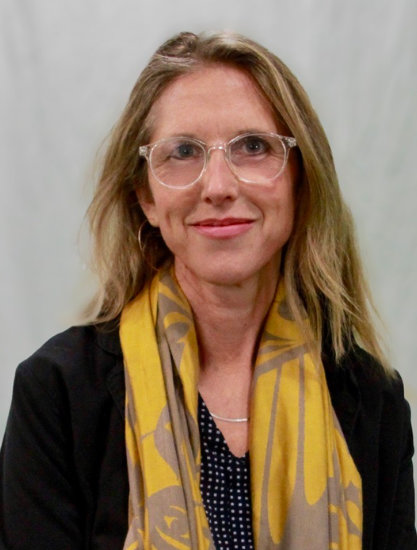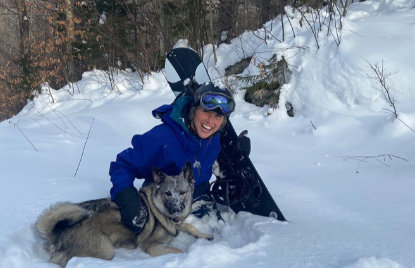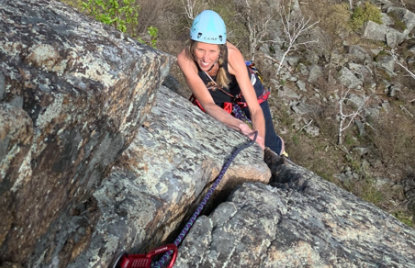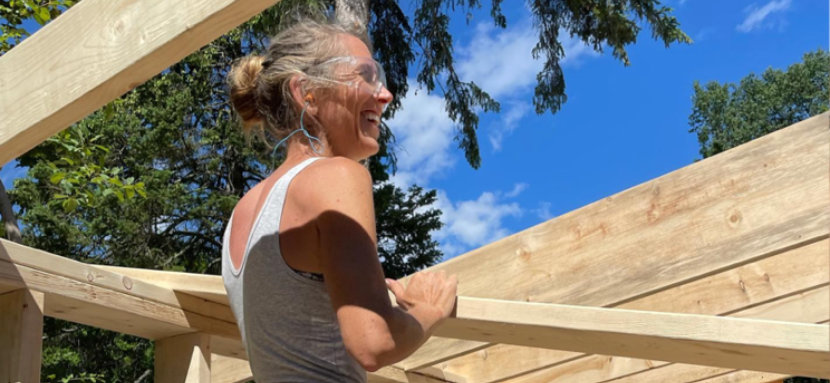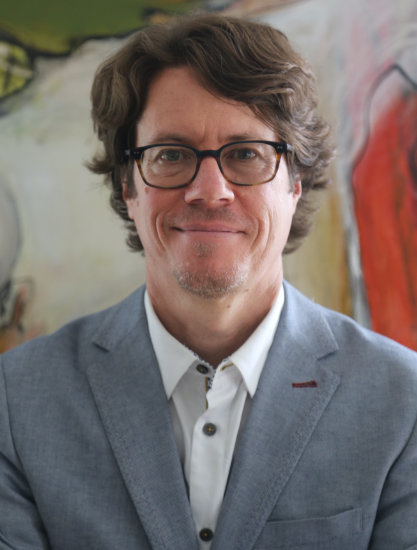Internal Family Systems for Mental Health Professionals
A 3-day live online introductory experiential workshop
We distinguish 3 Levels of knowledge and experience in IFS therapy:
- Beginner:
You don’t know what IFS therapy is or you are on the beginning of your IFS journey and want to know the basics of the model. - Intermediate:
You already know the basics - you’ve done an introductory workshop or course and you want to learn more. - Advanced:
You’ve completed a number of IFS workshops and/or an IFS Institute Online Circle and/or a Level 1 training and are ready do dive deeper into the model.
-
Tisha Shull

-
David Kitchings

-
3-day workshop

-
16 hours

-
Live only

experiential activities:
-
Small group exercises

-
Guided meditations

-
Demo sessions

-
Personal practice

-
Sharing in small groups

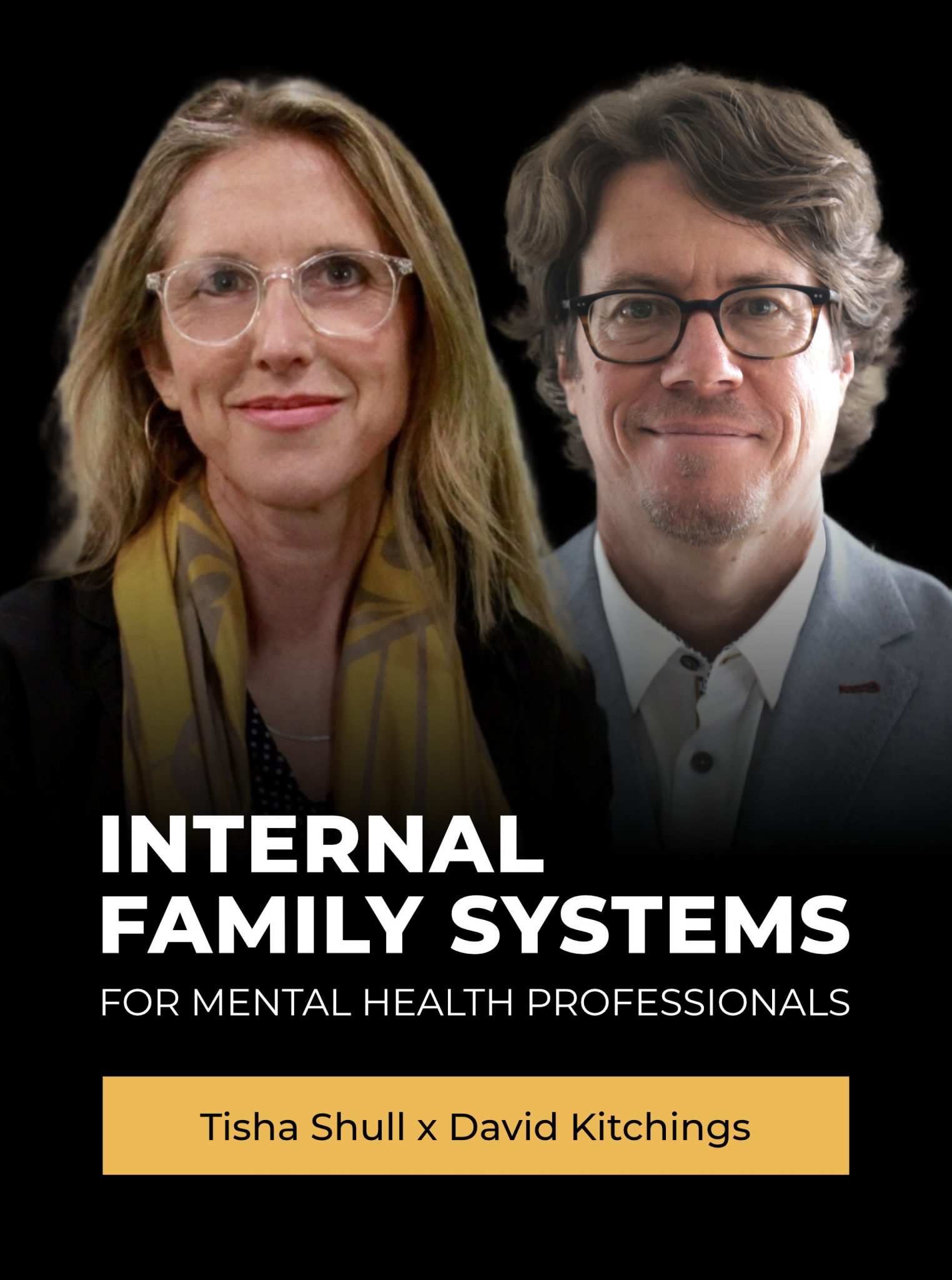
See what David & Tisha have to say:

A paradigm shift
Internal Family Systems Therapy (IFS) brings a new perspective and a major paradigm shift to the field of psychotherapy. As a systemic model of therapy, IFS is transformational on a clinical, personal and relational level.
The growing popularity of IFS therapy makes more and more therapists interested in learning this new cutting-edge tool and motivates them to try parts work in their practice.
IFS is an evidence-based treatment. The latest study showed that IFS therapy had significantly positive effects on adults with PTSD and histories of exposure to multiple forms of childhood trauma - at the one-month follow-up assessment, 92% of participants no longer met criteria for PTSD.
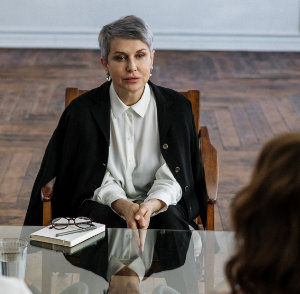
A 3-day intro
A proper introduction to the IFS model lays the groundwork for the whole IFS journey you are about to embark on. Solid guidance from a certified IFS therapist mixed with thoughtful and deep exercises is crucial if you want to feel confident in using IFS in your client’s practice.
This workshop is designed to help you learn the basics of the model and equip you with a few tools to begin safely introducing IFS to your clients. This will be the first step in bringing a deep transformation in your own way of working as a therapist, as well as in your client’s life.
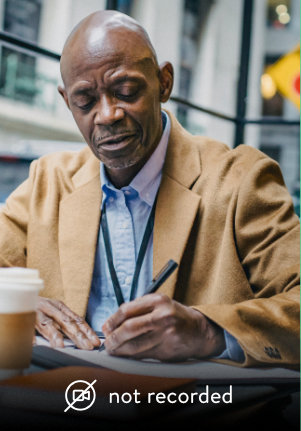
Workshop format
Because of the intimate setting and experiential dynamic, this workshop is limited to 36 participants and it won’t be recorded. Once the enrollment closes, we will publish dates for the next edition.
This workshop includes:
- Didactics (basic IFS theory),
- Small demonstrations (mini demos, either live or recorded) that will show you how the IFS protocol works,
- Small group practice in breakout rooms - practicing various aspects of the protocol,
- Sharing in small groups (usually triads),
- Q&A sessions.
To make your learning experience deeper, you will receive rich materials in a PDF to read before or after the workshop.
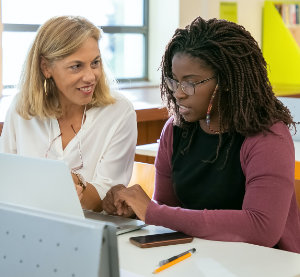
Workshop schedule
On Friday evening, we will have a 2-hour welcoming session. The teachers will present basic IFS theory and there will be space for getting to know each other.
On Friday there will be an option to stay for 30 minutes longer to connect with other participants in small breakout rooms.
Then, on Saturday and Sunday we will meet for 7 hours
(with a longer lunch break and a couple of short breaks). This workshop has a total of 16 hours.

Who is this workshop for?
This workshop is for mental health professionals who are new to the IFS model. We invite Psychotherapists, Counselors, Psychologists, Psychiatrists, Social Workers, Coaches, Teachers, Body/Movement Therapists, Yoga Teachers, Meditation Teachers, and anyone wanting to gain a deeper understanding of the IFS model.
To participate, you don't need to have any prior IFS training or a deeper understanding of the IFS model.
People of all colors, races, ethnicities, gender identities, and sexual orientations are welcome to our workshops. We commit to equitable treatment and elimination of discrimination in all its forms, throughout all our programs.

During this workshop
you will:
- Learn about the beginnings, basic assumptions, and goals of Internal Family Systems,
- Learn about parts, their roles, and burdens they carry,
- Understand Self and Self energy (and how to use the unblending technique),
- Learn and practice the key protocols of IFS therapy,
- Understand the systemic nature of the internal system and the alignments and polarities that happen within the system,
- Begin to work with your own internal system,
- Learn next steps for continuing to learn and become skilled in IFS.
Why Tisha & David?
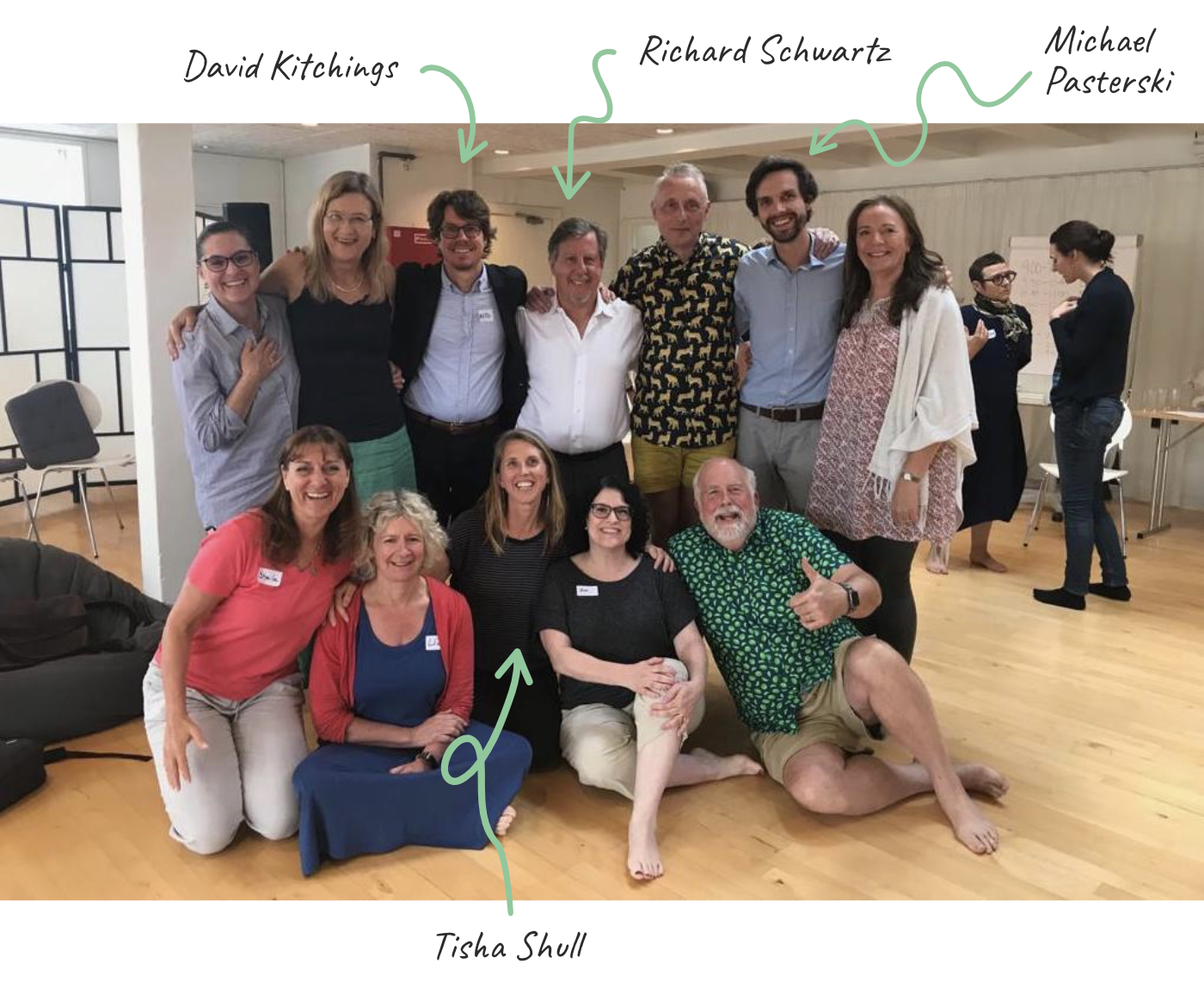
From Michael Pasterski, the founder of Life Architect:
I met Tisha and David on my first IFS Level 1 training as a Program Assistant (PA) in Copenhagen, in 2019.
That training was challenging and triggering in a variety of ways. Being fairly new to the IFS community, I was astounded by the level of self-leadership, intimacy, and vulnerability we shared in our team.
I was inspired by my fellow assistants and because of the challenges we faced together, we developed long-lasting relationships. Today, I can say that I’ve been very lucky to share this space with them.
When Tisha suggested that she and David would love to lead an IFS introductory workshop for mental health professionals, I immediately knew this would be something special.
The fact that they are different in their perspectives and at the same time on the same wave-length is a guarantee of a rich and interesting workshop dynamic.
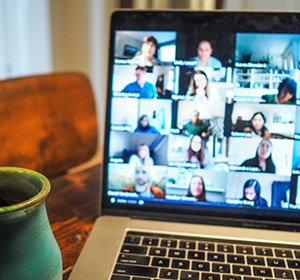
How it works
Each of the workshops will be held live, on the Zoom platform. There will be a Zoom tutorial available for those who didn’t use Zoom before.
You will receive the link to the Zoom meeting along with the password one day before the workshop. There will be technical support available - always ready to help you.
Please note, that because of the intimate nature of this workshop, it won’t be recorded. You will have unlimited access to the workbook on your Life Architect account.
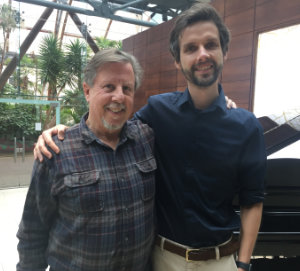
Life Architect + IFS Institute
As an official IFS Institute International Partner, we are bringing IFS Level 1, Level 2, and Level 3 training to Poland (where we are based) and to the wider IFS community. We are aligned with the values cultivated by IFSI and committed to bringing the best quality of IFS to this community.
We’ve been organizing workshops and retreats (in Bali and Thailand) for more than 12 years now and we specialize in providing transformative and learning experiences for mental health professionals.
Opinions about the previous edition
Email me about the next edition
-
PRICE
497 USD
-
TRAINER / Tisha Shull
& David Kitchings
-
INTEREST LIST
We will soon set the date for the next workshop. Subscribe to receive an email notification.
Name is required.E-mail is required.
Key teaching areas during the workshop
The beginnings of the Internal Family Systems model
- How was IFS developed by Dr. Richard Schwartz in the 80's,
- What key concepts were put in the heart of this model,
- How did IFS develop throughout the years.
The basic assumptions of the IFS model
- The mind consists of parts: an indeterminate number of sub-personalities.
- We all have a Self.
- Our parts have been forced into extreme roles due to burdens such as trauma or attachment injuries.
- All parts have a positive intention for us.
- Our parts operate in a system where they form alliances and polarities.
- If our parts are able to get out of their extreme roles and realign, changes in our external system will change.
The goals of IFS therapy
- Help parts not be in their extreme roles
- Help parts trust in Self leadership
- Help the internal system realign so that there is more balance, harmony, and wholeness
- As the system realigns and burdens are released, more Self Energy can be brought to external systems.
The multiplicity of the mind
- We each have many sub-personalities that IFS calls parts.
- These parts are divided into the roles of Protectors and Exiles.
- Protectors are often divided into Managers and Firefighters.
- Each of these roles will be explained.
Self
- Self energy is in all persons.
- Self energy can be described as both particle and wave.
- Self energy is also described by the 8 C’s.
- Bringing this Self energy to parts is a key component of healing in IFS.
Burdens
- Parts are not their burdens.
- Personal burdens - painful experiences that have been energetically absorbed by a part. These can be:
- Traumatic memories and intense feelings.
- extreme beliefs and negative thoughts about oneself.
- Bodily sensations and experiences that feel trapped in or around the body.
- Legacy and cultural burdens:
- Legacy burdens are burdens that come down through our family line.
- Cultural burdens are burdens that are taken from our cultures or subcultures.
The protocols of IFS therapy
- The 8 C’s:
- Curiosity
- Calm
- Clarity
- Connectedness
- Courage
- Creativity
- Compassion
- Confidence
- Insight versus Direct Access.
- Unblending.
- The 6 F’s:
- Find
- Focus
- Flesh Out
- Feel Towards
- BeFriend
- Fears
- Common protector fears.
- Working with polarities.
- The unburdening process:
- Creating Self to Part relationship
- Witnessing
- Retrieval and Do-over
- Unburdening
- Invitation
- Integration
Learning to work with therapist parts
- Parts that get in the way.
- 5 P’s:
- Presence
- Patience
- Persistence
- Playfulness
- Perspective
Next steps on your IFS journey
Frequently Asked Questions
Will the workshops be recorded?
Can I resign from the workshops?
Will I get the certificate if I miss some parts of the workshop?

